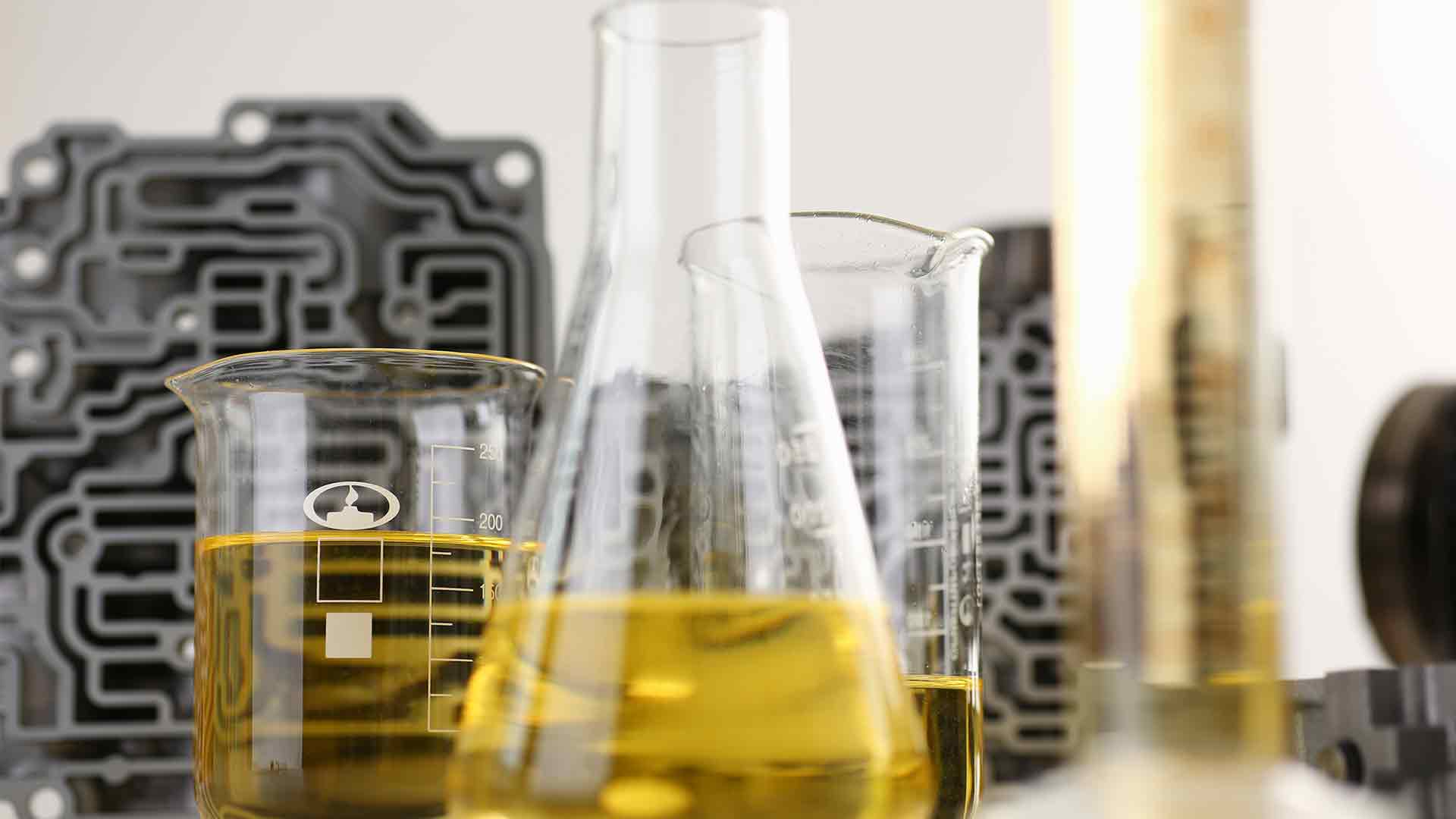Introduction
High-performance lubricants are crucial for modern engines and machinery. These lubricants rely on specialty additives to improve efficiency, reduce wear, and ensure durability under extreme conditions. This article delves into the most important specialty additives and their roles in creating effective lubrication solutions.
1. Friction Modifiers: Enhancing Efficiency
Friction modifiers are essential for reducing friction between moving parts. They ensure smoother operation and improved energy efficiency.
How Friction Modifiers Work:
- They form a protective layer on metal surfaces.
- This reduces friction, enhancing fuel economy and engine performance.
- Modern formulations offer optimal performance even in extreme temperatures.
Their inclusion in high-performance lubricants minimizes energy loss, contributing to both efficiency and sustainability.
2. Anti-Wear Additives: Preventing Component Damage
Wear is a major concern in machinery and engines. Anti-wear additives provide a protective film that reduces metal-to-metal contact.
Key Benefits of Anti-Wear Additives:
- They prevent surface damage during high-pressure operations.
- Components last longer, reducing maintenance costs.
- Engines operate smoothly even under heavy loads.
These additives are indispensable for equipment reliability and longevity.
3. Detergent-Dispersant Additives: Maintaining Cleanliness
Cleanliness is crucial for high-performance lubricants. Detergent-dispersant additives remove and suspend deposits, ensuring smooth operation.
Functions of Detergent-Dispersants:
- They prevent carbon and sludge build-up in the engine.
- Dispersants keep contaminants suspended to avoid clogging.
- Detergents neutralize acids, protecting metal surfaces.
These additives ensure optimal engine performance over extended periods.
4. Oxidation Inhibitors: Extending Lubricant Life
Lubricants degrade over time due to oxidation. Oxidation inhibitors slow this process, extending lubricant life and effectiveness.
How They Work:
- They stabilize oil, preventing thickening and deposit formation.
- Lubricants maintain their protective properties longer.
- Reduced oxidation improves overall system performance.
These inhibitors are vital for maintaining the stability of high-performance lubricants.
5. Corrosion Protection Additives: Guarding Against Rust
Corrosion can significantly damage internal components. Corrosion protection additives safeguard against rust and metal degradation.
Benefits of Corrosion Additives:
- They create a barrier that protects metal surfaces from moisture.
- Additives prevent damage caused by acidic or contaminated oils.
- Equipment remains reliable in harsh environments.
Their role is critical in ensuring machinery operates without interruptions.
6. Viscosity Index Improvers: Ensuring Stability
Viscosity affects a lubricant’s performance at different temperatures. Viscosity index improvers maintain the lubricant’s consistency across temperature ranges.
Advantages of Viscosity Index Improvers:
- They ensure effective lubrication in cold starts and high temperatures.
- Additives improve fuel economy by maintaining optimal fluidity.
- Engines experience consistent performance regardless of climate.
High-performance lubricants rely on these additives for temperature resilience.
7. Extreme Pressure Additives: Handling Tough Conditions
Some applications demand operation under extreme pressure. Extreme pressure additives prevent wear and failure in such conditions.
How They Work:
- They react with metal surfaces to form a durable protective layer.
- Additives reduce scuffing and pitting in gear systems.
- They enable equipment to handle heavy loads without damage.
These additives are essential for industrial machinery and high-stress applications.
8. Foam Inhibitors: Preventing Lubrication Issues
Foaming can compromise lubricant performance. Foam inhibitors reduce the formation of foam, ensuring consistent lubrication.
Key Functions of Foam Inhibitors:
- They minimize air entrapment in the oil.
- Additives ensure steady pressure in hydraulic and gear systems.
- They improve lubricant stability under varying operating conditions.
These additives are vital for maintaining lubrication integrity.
Conclusion
Specialty additives are the backbone of high-performance lubricants. From reducing friction to preventing oxidation, these advanced components ensure engines and machinery perform efficiently under extreme conditions. As demands on modern equipment grow, the importance of these additives will only increase.
By leveraging the right combination of specialty additives, manufacturers can create lubricants that meet the highest performance standards, ensuring longevity and sustainability.

